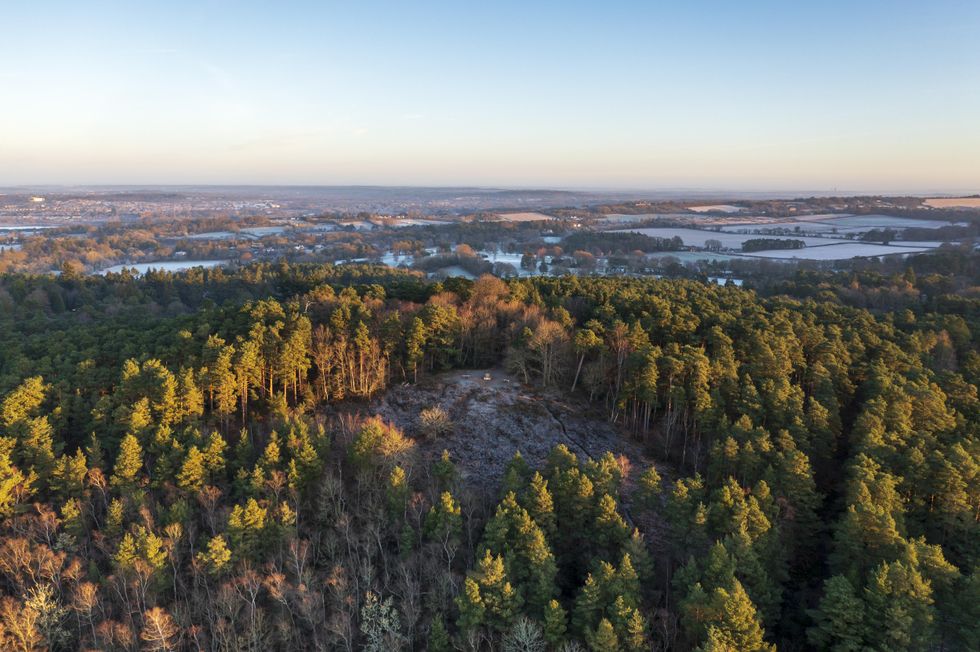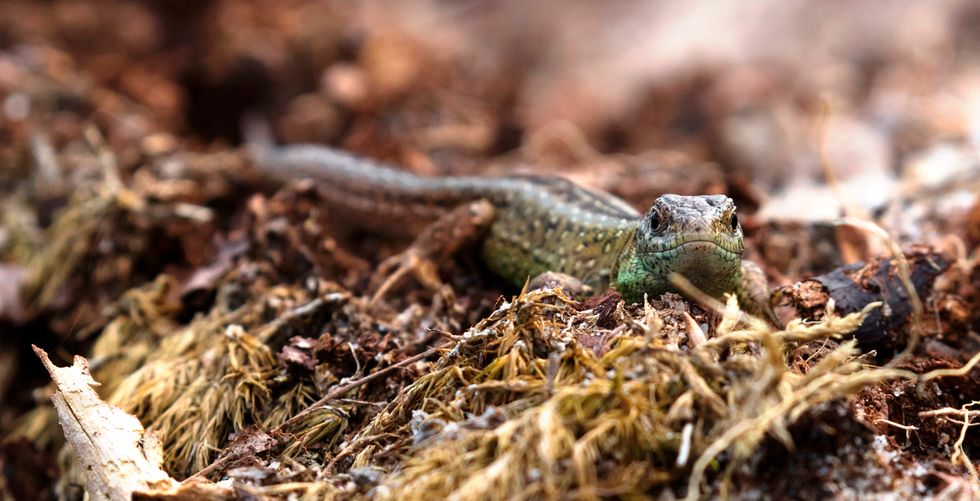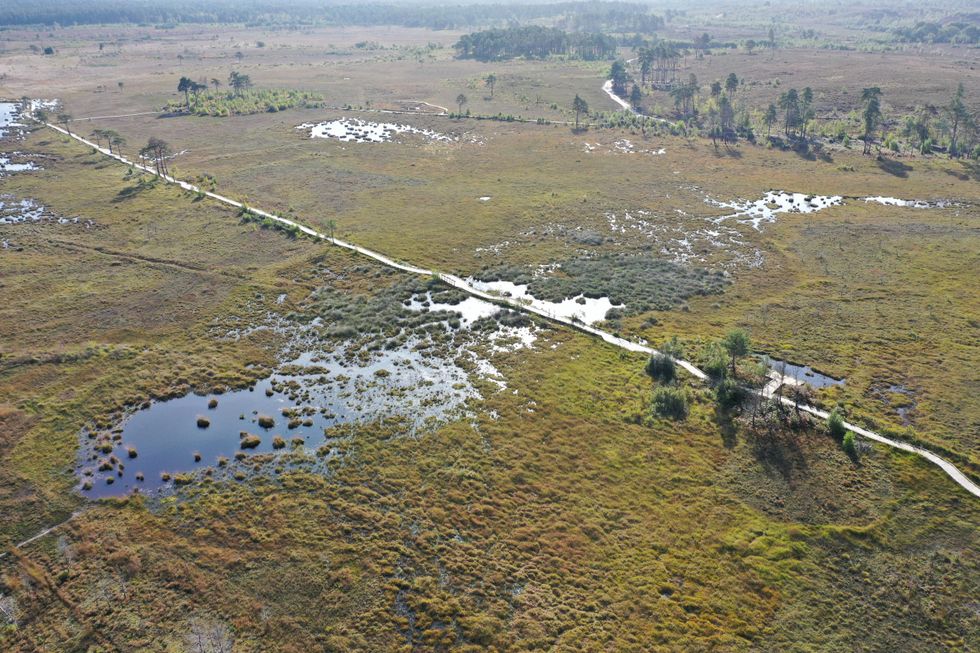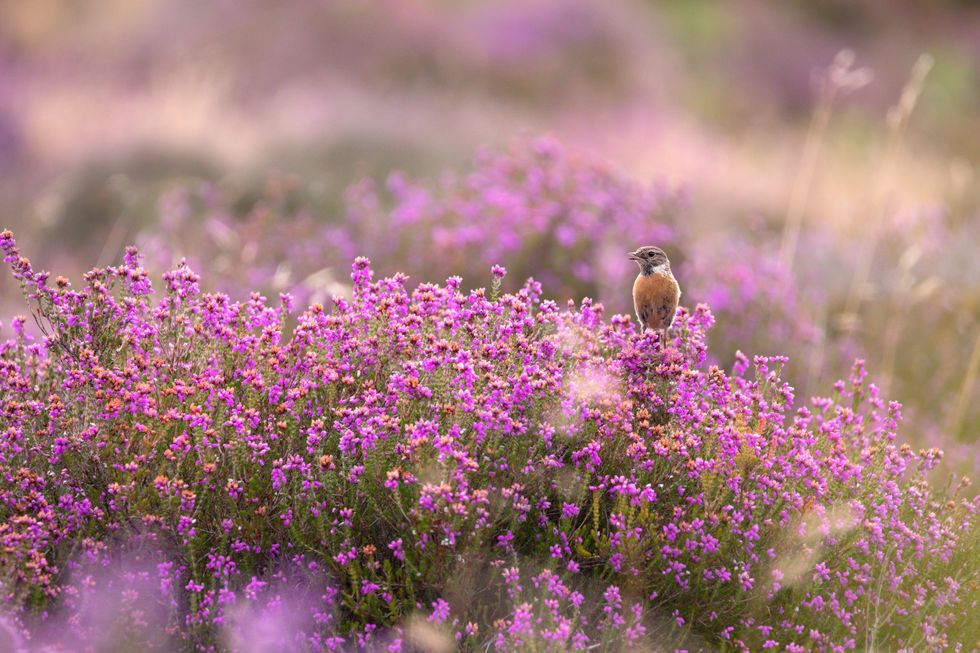Rebecca Speare-Cole
Jun 26, 2025

A view of Crooksbury Hill on the new nature reserve in Surrey (Surrey County Council/PA)
A Surrey landscape which is home to lizards and an area known as the Devil’s Punch bowl has been designated a national nature reserve.
Natural England, which advises the Government on the environment, announced the creation of the Wealden Heaths National Nature Reserve on Friday.
This means the 2,766-hectare landscape has been marked out as an area of focus for conservation and nature restoration efforts.
The landscape boasts a rich mix of habitats, including acidic grassland, regenerating woodland and heath – making it a haven for rare species such as sand lizards, nightjars, adders and natterjack toads.

The reserve is also home to the Devil’s Punch bowl – a natural amphitheatre in the heathlands near Hindhead, which is said to have been formed when the Devil scooped up earth to throw at Thor.
It inspired literary figures such as Arthur Conan Doyle and Alfred Lord Tennyson, who wrote Flower In The Crannied Wall in Waggoners Well.
The new reserve, which is on the doorsteps of more than 250,000 people, combines the existing Thursley National Nature Reserve with 2,440 hectares of partner-managed land – of which 1,784 hectares are designated as a site of special scientific interest (SSSI).
Nature minister Mary Creagh said: “This new reserve offers wonderful opportunities for people to experience the outdoors and spot rare wildlife in a place which has been a source of cultural inspiration for centuries.
“This Government is committed to turning the tide on nature’s decline after years of neglect.”
Marian Spain, chief executive of Natural England, said: “The beautiful atmospheric landscape has had a huge influence in culture over the centuries, from folklore to poetry.

“Its new status as a national nature reserve will ensure future generations continue to be inspired.
“There is a wealth of species here, many of which are very rare, and efforts to maintain the vital habitats in this area will help these plants and animals to thrive again.”
Features such as the Thursley Common Boardwalk, which was named “Britain’s Favourite Path” by the Ramblers Association, mean the area remains a popular destination, especially given its fast connections to London.
It has also benefited from Government funding for restoring the heathlands and connecting them with special habitats found in the western-most section of the Surrey Hills National Landscape.
While heathland habitats are important carbon sinks and biodiversity, they have declined by around 80% in England in the last two centuries.
As a national nature reserve, the area’s heathlands will be the focus of further protection and conservation efforts.

The launch of the reserve marks the ninth to be declared as part of the King’s Series, which aims to create or extend 25 national nature reserves by 2027.
It comes as part of wider Government efforts to boost the UK’s environment, as one of the most nature-depleted countries in the world.
This new reserve is a collaboration between nine partners; Natural England, RSPB, National Trust, Surrey Wildlife Trust, Hampton Estate, Amphibian and Reptile Conservation Trust, Waverley Borough Council, Surrey County Council and Forestry England, with further support from the Surrey Hills National Landscape.
Top 100
The Conversation (0)













